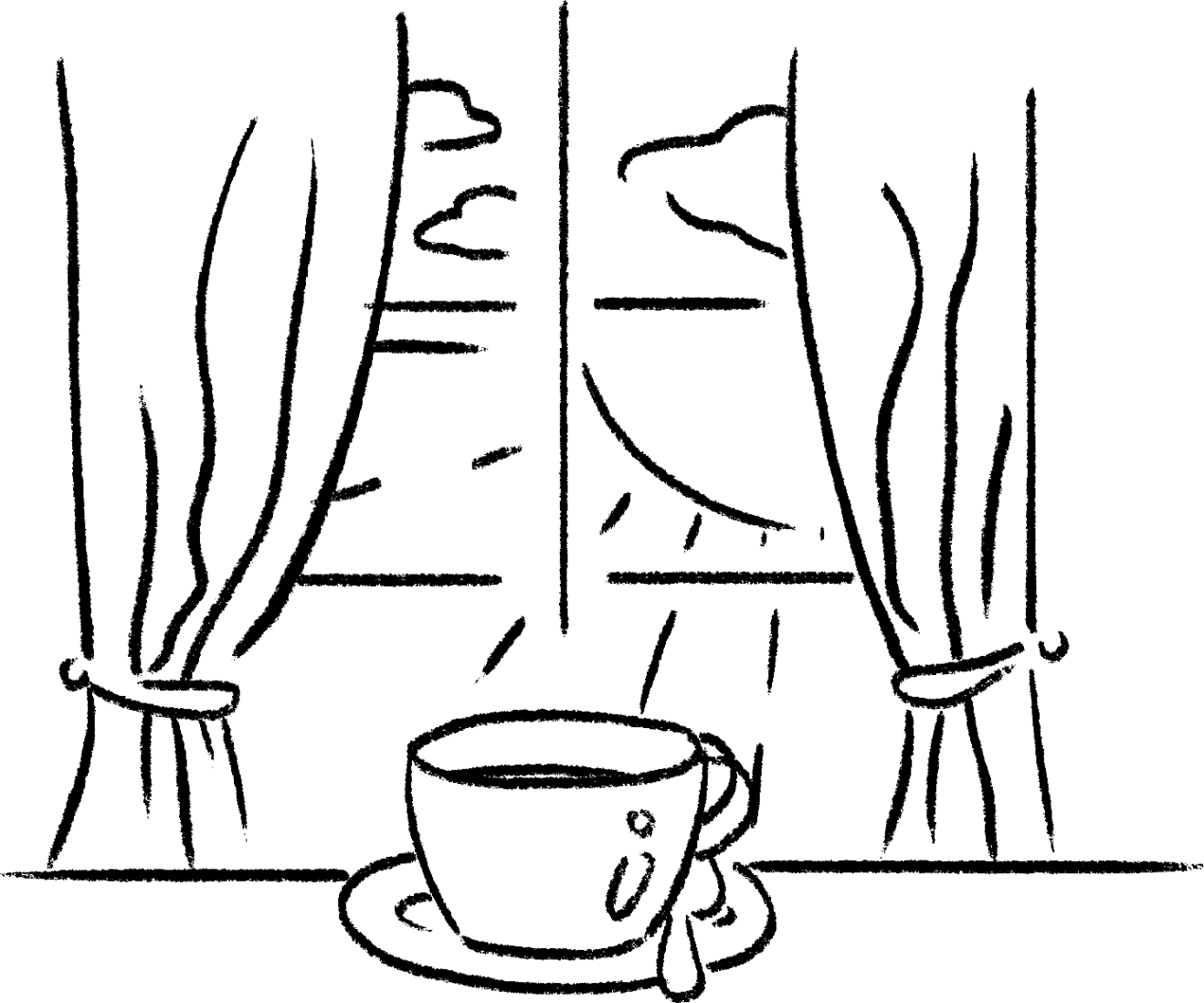Our extensive Resources Hub offers expert advice on topics of addiction, mental health, meditation, happiness, and so much more.
Where we gather for recovery lifestyle news, opinion pieces,
addiction news across America, and more!
Our extensive Resources Hub offers expert advice on topics of addiction, mental health, meditation, happiness, and so much more.
Where we gather for recovery lifestyle news, opinion pieces,
addiction news across America, and more!
Subscribe to RECOVERY readings
Sign up to receive your daily recovery readings in your morning inbox!

Check your insurance
We will get back to you shortly. While you wait... you may find our resource blog helpful. Take a look below:
VIEW ALL ADDICTION RESOURCES